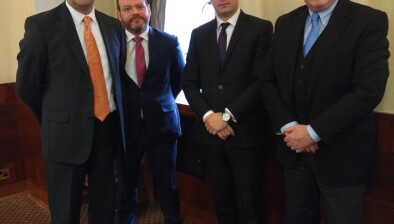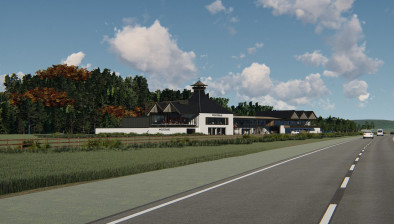Stirling urged to avoid Visitor Levy ‘confusion and economic risk’

Stirling Council has been urged to wait for clarification of Scotland’s Visitor Levy legislation before considering a local tax that risks causing confusion and damaging the city’s tourist economy.
Responding to the council’s consultation on its Visitor Levy proposals, the Federation of Small Businesses (FSB) called for Stirling to either drop its plans for a 5% overnight accommodation charge or wait until the Scottish Government clarifies the law.
The Scottish Government is currently considering legislative changes that would give local authorities the option of introducing two different types of charge, a flat rate and a percentage fee.
That potential change risks adding to existing confusion among accommodation providers about what they need to do to administer the local tax, the leading business organisation said.
It is also vital local business concerns about the risk to the city’s tourist economy are heard, FSB added.
Six councils in Scotland have dropped or paused Visitor Levy plans in recent months amid concerns about the potential impact on the local economy.
Hisashi Kuboyama, FSB’s development manager for Stirling, said: “Now is not the time to press ahead with a new local tax that carries significant risks for the city’s economy and local businesses.
“We recognise the potential of the levy to raise funds which can be reinvested in making Stirling an even better place to visit, but any local levy must be the right plan at the right time.
“Accommodation providers are reporting problems and confusion as they introduce the Visitor Levy in Edinburgh. Meanwhile, the Scottish Government is considering fundamental change to the legislation underpinning the levy, which risks further muddying the waters.
“Stirling has the advantage of being able to learn from experiences elsewhere in Scotland. It can take the sensible step of taking this new tax off the table at least until the situation becomes clearer.”
FSB has also highlighted the potential administrative burden for small accommodation providers, such as B&Bs and guesthouses, and pointed to a recent impact assessment commissioned by the Welsh Government, which found a visitor levy could reduce tourist numbers by up to 2.5 per cent and cut visitor spending by as much as £35 million a year.







